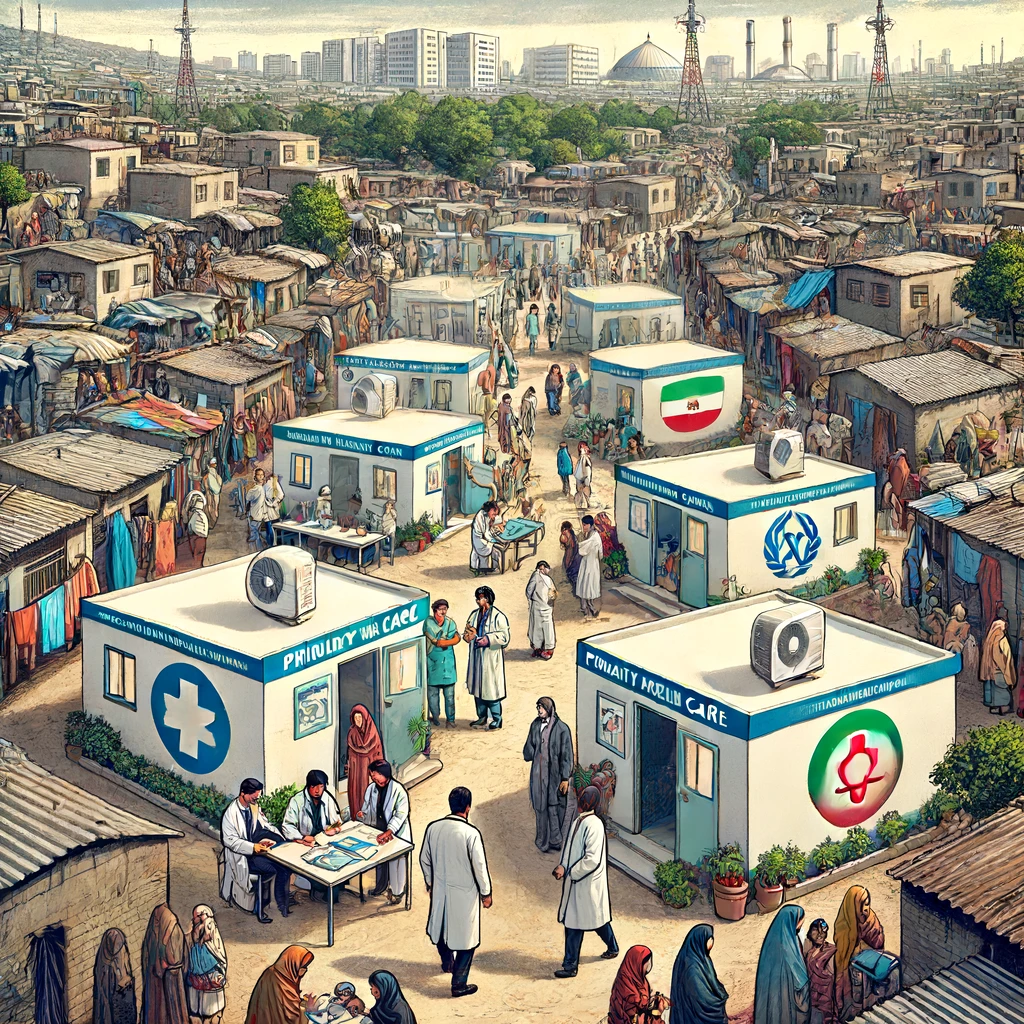WHO Raises Alarm Over Health Crisis in Occupied Palestinian Territory Amid Increased Violence and Restrictions
Attacks on health infrastructure and increased movement restrictions are severely obstructing access to healthcare.

The World Health Organization (WHO) has expressed grave concern over the escalating health crisis in the occupied Palestinian territory, including the West Bank. Attacks on health infrastructure and increased movement restrictions are severely obstructing access to healthcare.
Since the onset of the Gaza conflict, violence has surged in the West Bank, including East Jerusalem, resulting in the deaths of 521 Palestinians, 126 of whom were children, between 7 October 2023 and 10 June 2024. Over 5,200 people, including 800 children, have been injured, overwhelming the already strained health facilities.
By 28 May, WHO documented 480 attacks on healthcare in the West Bank since 7 October 2023, causing 16 deaths and 95 injuries. The attacks have impacted 54 health facilities, 20 mobile clinics, and 319 ambulances, with 59% of incidents occurring in Tulkarem, Jenin, and Nablus. These attacks include assaults on health infrastructure and ambulances, detentions of health workers and patients, obstruction of access to health facilities, use of force on health workers, and militarized searches of ambulances and staff.
Movement within the West Bank has been increasingly restricted due to the closure of checkpoints, arbitrary obstructions, and detentions of health workers. Rising insecurity, sieges, and closures of towns and communities further impede access to health facilities. Extensive damage to infrastructure and housing, especially in the northern West Bank, obstructs ambulances and first-aid responders.
The longstanding fiscal crisis of the Palestinian Authority (PA) has been exacerbated by Israel’s increased withholding of tax revenues meant for the occupied Palestinian territory since 7 October, worsening the economic situation. Health service delivery has been significantly affected, with health workers receiving only half of their salary for nearly a year and 45% of essential medications out of stock. Most primary care clinics and outpatient specialty clinics now operate only two days a week, and hospitals are functioning at about 70% capacity.
Between October 2023 and May 2024, 44% of 28,292 applications for patients to seek medical care outside the West Bank, including East Jerusalem or Israeli health facilities, have been denied or remain pending. During the same period, 48% of the 26,562 companion permit applications have been denied or remain pending. Comparing October 2022–May 2023 to October 2023–May 2024, there was a 56% decrease in patient permit applications and a 22% decrease in approvals, alongside a 63% decrease in companion permit applications and a 24% decrease in approvals. Before October 2023, over 300 patients required permits daily to cross from the West Bank to East Jerusalem and Israeli health facilities.
WHO is assisting the Ministry of Health with the procurement of essential medications and providing technical assistance to address policies and procedures contributing to the fiscal crisis. Additionally, WHO has pre-positioned supplies at key hospitals across the West Bank, including East Jerusalem, and conducted community trauma management training for first aid responders in affected communities to enhance emergency preparedness. However, worsening insecurity, strict curfews, and accessibility challenges for emergency health workers and field volunteers pose significant risks and hinder their ability to reach those in urgent need of care.
WHO calls for the immediate and active protection of civilians and healthcare in the West Bank, emphasizing that international humanitarian law must be respected and the sanctity of healthcare observed at all times.
- READ MORE ON:
- Palestinian Authority










